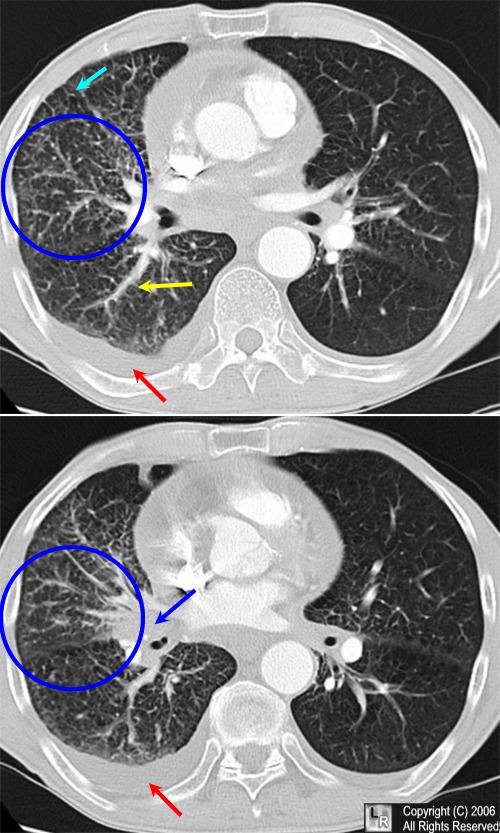 What is Hepatitis?
What is Hepatitis?
Hepatitis is the term for inflammation of the liver. It is a broad term that encompasses a number of inflammatory conditions caused by a variety of factors. these are either infectious or non-infectious. Leading among the infectious causes of hepatitis are viral infections (viral hepatitis). Other pathogens, like bacteria, parasites and rarely fungi, may also cause hepatitis. among the non-infectious causes of hepatitis, medication and alcohol misuse are common causes of hepatitis followed by other toxins and autoimmune factors. Hepatitis may also arise secondary to other medical conditions.
How does hepatitis occur?
In hepatitis, any of the various causes leads to inflammation with immune mediators and inflammatory cells congregating within the liver tissue. Death of the liver cells (hepatocytes) may be due to the cause itself, like with some viruses that cause cell death, or due to the action of the body’s immune cells. Some causes of hepatitis, however, can resolve spontaneously and recover to a degree where normal liver function is restored.
Depending on the cause, hepatitis can progress to a chronic state where inflammation persists for months and years leading to fibrosis (scarring) of the liver tissue. Hepatitis may eventually lead to cirrhosis and hepatocellular carcinoma (liver cancer). the consequences of hepatitis in the chronic stages (longer than 6 months) are often not isolated to the liver and may involve almost every system of the body, particularly the gastrointestinal and cardiovascular systems, but can extend to the central nervous system as well.
The liver is one of the most versatile organs in the body conducting several complex functions which are crucial to sustaining life. its versatility is matched by its resilience in dealing with any injury. Most cases of hepatitis are asymptomatic in the early stages and only detected upon routine testing.
Symptoms of Acute Hepatitis
The first signs and symptoms of hepatitis may mainly involve the gastrointestinal system like nausea, intermittent vomiting, mild diarrhea and loss of appetite. Malaise, joint pain (arthralgia) and skin symptoms like pruritis (itchy skin) and urticaria may arise even though there is no discoloration of the skin. At this point, a diagnosis of hepatitis may be missed unless there is appropriate diagnostic testing or etiology that raises the suspicion of hepatitis.
As the disease process progresses, typical symptoms associated with liver dysfunction, like jaundice (yellow skin), will become evident. this is often accompanied by other symptoms like pale stools and dark urine. Right sided abdominal pain and/or tenderness and hepatomegaly (enlarged liver) may also be present. Fever is more frequently seen in the early stage of infectious hepatitis although alterations of the body temperature may occur in the later stages of non-infectious hepatitis.
Symptoms of Chronic Hepatitis
Chronic hepatitis may be virtually asymptomatic apart from a few generalized (non-specific) symptoms like malaise, poor appetite, weight loss and fatigue. It is more often due to hepatitis B and C and can persist for years or even decades. the most prominent symptoms arise with the onset of cirrhosis.
Symptoms such as jaundice that are common in acute hepatitis are rarely seen in chronic cases except when there is advanced liver disease. Instead chronic hepatitis may present with change in vascularity presenting with redness (erythema) and the development of spider veins, ascites (abdominal swelling due to fluid accumulation), splenomegaly (enlarged spleen), bleeding disorders, swelling of the legs (peripheral edema), persistent low-grade fever, confusion and even coma.
Further Reading :